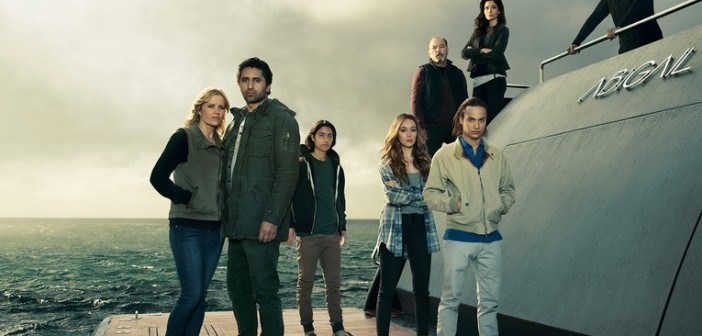In the premiere of Fear the Walking Dead’s second season, the mysterious yacht owner Victor Strand (Colman Domingo) gives a succinct rundown of the new world order to his stowaways, whom he rescued from the zombie apocalypse. “Let me explain the rules of the boat,” he says. “Rule number one, it’s my boat. Rule number two, it is my boat. If there remains any confusion about rules one and two, I offer rule number three: It’s my goddamn boat.” And with that, Strand illustrates how simple and arbitrary “laws” can become at the end of the world—and how willing people are to abide by them if it means they’ll be safe.
The Walking Dead, AMC’s long-running hit and Fear’s parent show, began with a world already overrun with zombies. Despite occupying quasi-prequel territory, Fear the Walking Dead is compelling for the way it actually portrays the slow, painful breakdown of society. In the first season, a Los Angeles family watched as zombies started to pop up in their city, normal life collapsed, and the military started to herd people into camps before being overrun. In the second season, the surviving characters have huddled onto Victor’s yacht and set sail for open waters, where even more new, nebulous laws are taking hold.
It’s only been one season, but Fear the Walking Dead is already doing a better job than the original of examining how civilization—rather than a small band of survivors—reacts to and evolves during the crisis. The Walking Dead, directly based on an ongoing comic book by Robert Kirkman, is a simpler tale of survival that has turned into a grim (if wildly successful) slog. Around the corner is either another awful villain or a wall of flesh-eating zombies, and efforts to rebuild society in the show always revolve around protection, isolation, and bonds of deep trust forged by years of bloody battles. Anytime some semblance of community is built, the show simply tears it down again.
source: http://www.theatlantic.com/entertainment/archive/2016/04/fear-the-walking-dead-season-two-review/477672/

